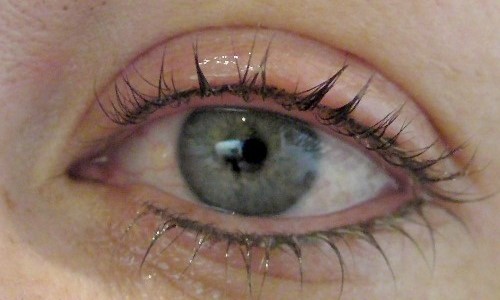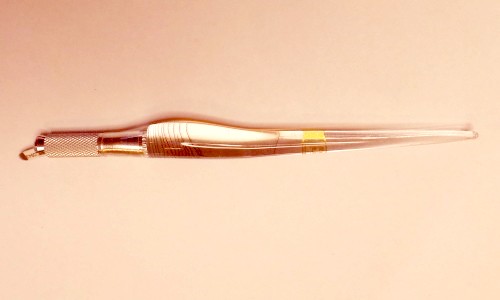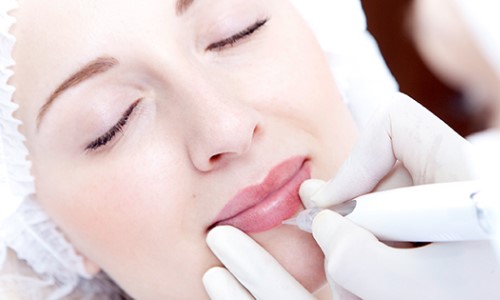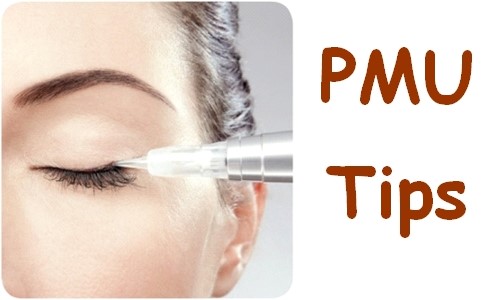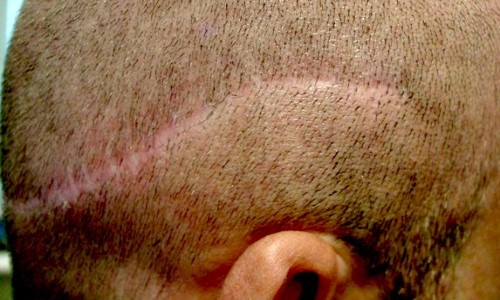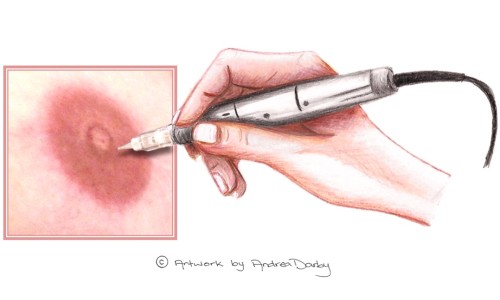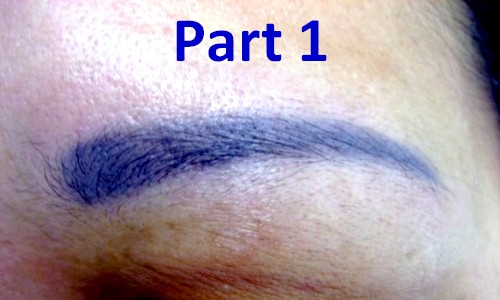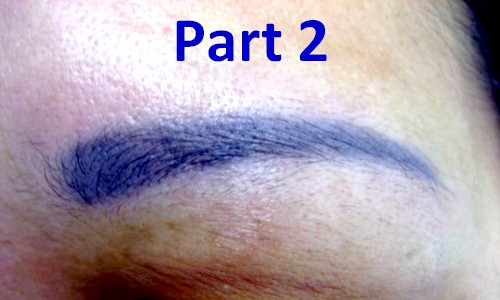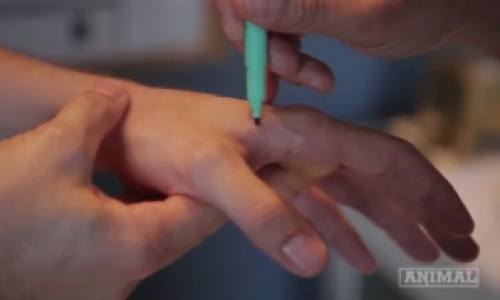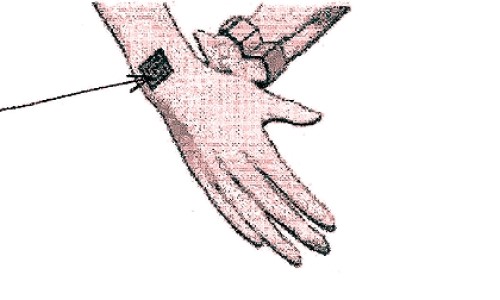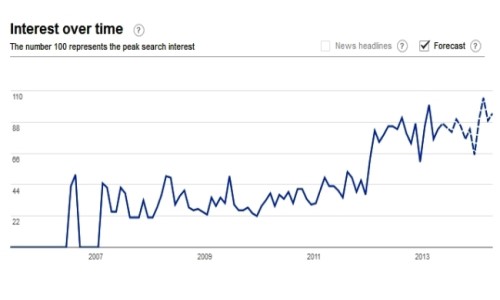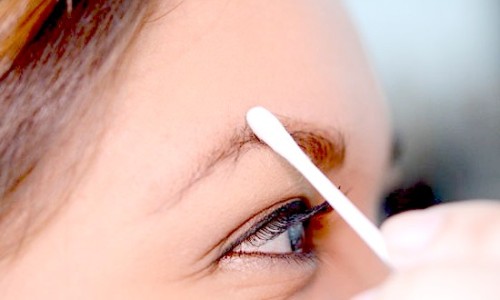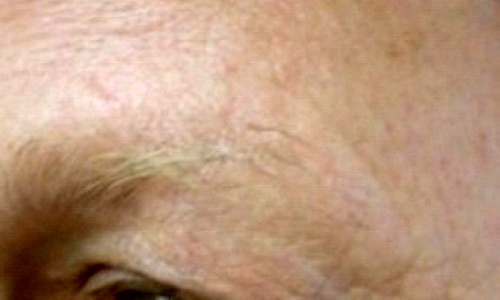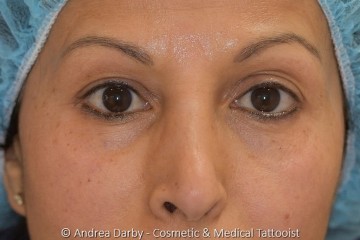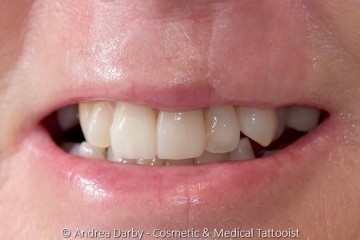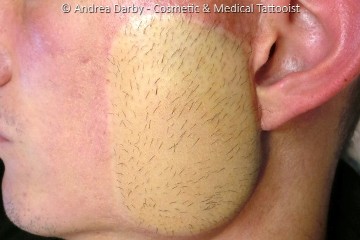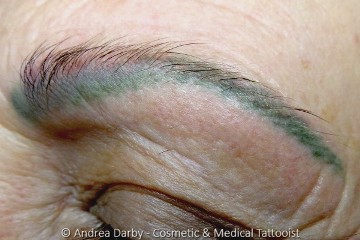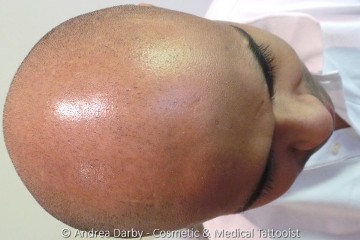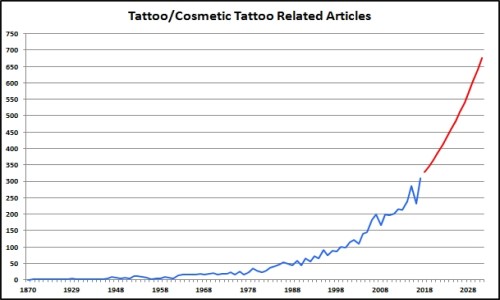Cart is empty
UK Survey - One Third Regret Their Body Art Tattoo
26/07/2013
by Andrea Darby - Master Medical Tattooist & Industry Educator

A recent survey conducted by Dermatologists at the East Lancashire Hospitals NHS Trust in the UK found that close to one in three regretted having their body art tattoo.
▼ Continue Reading ▼|
The results of a survey conducted by Dermatologists at the East Lancashire Hospitals NHS Trust in the UK was recently published in the British Journal of Dermatology, the Dermatologists undertook a questionnaire survey to investigate the incidence of satisfaction and regret relating to tattoos. The findings of the survey would be of great concern to health professionals and the tattoo industry within the United Kingdom and other countries should consider the relevance of the findings within their own locations. The authors Dr. A. Aslam MBBCh & Dr. C.M. Owen MBChB received 615 completed surveys and narrowed their sample to 580 people who were evaluated regarding their tattoos, they found that overall 31% of those surveyed regretted having had a tattoo. Men who were surveyed were almost twice as likely as women to regret having their tattoo, and men who had their first tattoo before age 16 were three times more likely to regret the decision. The women who were surveyed were found to be less likely to regret their decision than the men particularly women who were over the age of 21 when they had their first tattoo. Survey questions included, whether the tattoo was conducted by a professional or amateur artist, how long it had been since their first tattoo, how many tattoos they had, where the tattoo was located on their body, if they still liked the tattoos, if they regretted their tattoos, and if they would have tattoos removed if they had the opportunity. Close to half of those surveyed (47%) had between 2-5 tattoos, and 31% had more than 5 tattoos, the most commonest locations were arms (40%), back (25%), abdomen (15%), and head / neck (15%). About one in four of the participants had their first tattoo before they were 16 and 45% received their first tattoo between the ages of 18 and 25. Overall, 213 out of the 580 who were evaluated regretted having their tattoos, 143/300 men (48%) and 70/280 women (25%). Those who received their first tattoo before the age of 16 were most likely to regret the decision 76/139 (55%). The incidence of regret decreased as age at which the person received their first tattoo increased;
However, the longer the time frame was from first receiving the tattoo the more likely the recipient was to regret the decision for both men and women, or in other words the longer a person had a tattoo the more likely they were to regret having it. Most of those who were surveyed had their tattoos applied by professional tattoo artists (87%) and were less likely to regret their tattoos (32%) compared to those who regretted having had tattoos applied by amateurs (66%). The easy availability of home tattoo kits on the internet and the number of unlicensed amateur tattooists (‘scratchers') who were untrained and not subject to health and safety regulations was a growing concern, the authors commented. The authors said "It may be time to consider a health education program targeting those under the age of legal consent and emphasising the risks of scarring, disease transmission, permanency, effects on employment and likelihood of regret".
Date of most recent revision:
26/07/2013 (mutatis mutandis) Copyright © 2013 CTshop.com.au & the article author All Rights Reserved. No copying, transmission or reproduction of site content is permitted without our prior written consent.
Printing Restriction: This article is print disabled, please read our Intellectual Property & Copyright Policies if you would like to request a copy or permission to use the article content for any purpose. |
Main Menu
- Eyeliner Tattooing vs Dry Eye
- MicroBlading - First Things First
- Cosmetic Tattoo Training Standards
- Carcinomas in Tattoos a Statistical Anomaly
- Lash or Brow Growth Enhancing Serums & Tattooing
- What Influences the Colour of a Cosmetic Tattoo?
- Hygiene Protocols Update : Surface Cleaning Wipes
- Preventing & Managing Disputes
- Warm vs Cool Colours
- Age of The Alpha Metrosexual
- Who Will Buy a Poorly Iced Cake?
- Australia now has a Board Certified MicroPigmentation Instructor
- Robot Tattooists?
- Postcards From Birmingham
- The SCAPP Scale - Personalising the Micropigmentation Service
- How to Choose Your PMU Artist
- Scalp MicroPigmentation - More Than Just Ugly Scars?
- Permanent Eyeliner - Avoiding Complications
- Personal Protective Equipment - Are You Covered?
- 3D Nipple Tattooing a New Service?
- Why Do Cosmetic Tattoos Change Colour? - (Part 1)
- Why Do Cosmetic Tattoos Change Colour? - (Part 2)
- Smart Tattoos Are They The Future?
- Presentation: Adding Cosmetic Tattoo to Your Salon
- Cell Phone Vibrating Tattoos
- UK Survey - One Third Regret Their Body Art Tattoo
- Collaborating & Consulting with Dr. Linda Dixon
- Stem Cell Research - Inside the Lab
- When Marketing Via News Media Goes Wrong
- Client Pre-Treatment Screening Questionnaire
- Permanent Makeup Google Search Trends
- Potential Causes of Nosocomial Type Infections in the Salon-Clinic Setting
- Topical Anaesthetics & Cosmetic Procedures
- Introduction to the Fundamentals of Colour Perception
- Clients With Unexplained Loss of Outer Eyebrow Hair
- Hyperpigmentary Skin Conditions & Cosmetic Tattooing
- Cosmetic Tattooing & MRI’s - Diametric Particle Agitation Hypothesis (DPA)
Site News Selection
Educational Article Selection
Regulatory Article Selection
Client Case Studies Selection
Science Library Selection
Complete regrowth of hair following scalp tattooing in a patient with alopecia universalis
31/01/2023
Atypical Intraepidermal Melanocytic Proliferation Masked by a Tattoo: Implications for Tattoo Artist
20/09/2018
Chemical conjunctivitis and diffuse lamellar keratitis after removal of eyelash extensions
26/08/2018
Scarless Breast Reconstruction: Indications and Techniques for Optimizing Aesthetic Outcomes
07/04/2018
High speed ink aggregates are ejected from tattoos during Q‐switched Nd:YAG laser treatments
28/03/2018
Unveiling skin macrophage dynamics explains both tattoo persistence and strenuous removal
08/03/2018
Granulomatous Tattoo reaction with Associated Uveitis successfully treated with methotrexate
08/02/2018
Identification of organic pigments in tattoo inks & permanent make-up using laser mass spectrometry
07/02/2018
Microbiological survey of commercial tattoo and permanent makeup inks available in the United States
03/02/2018









